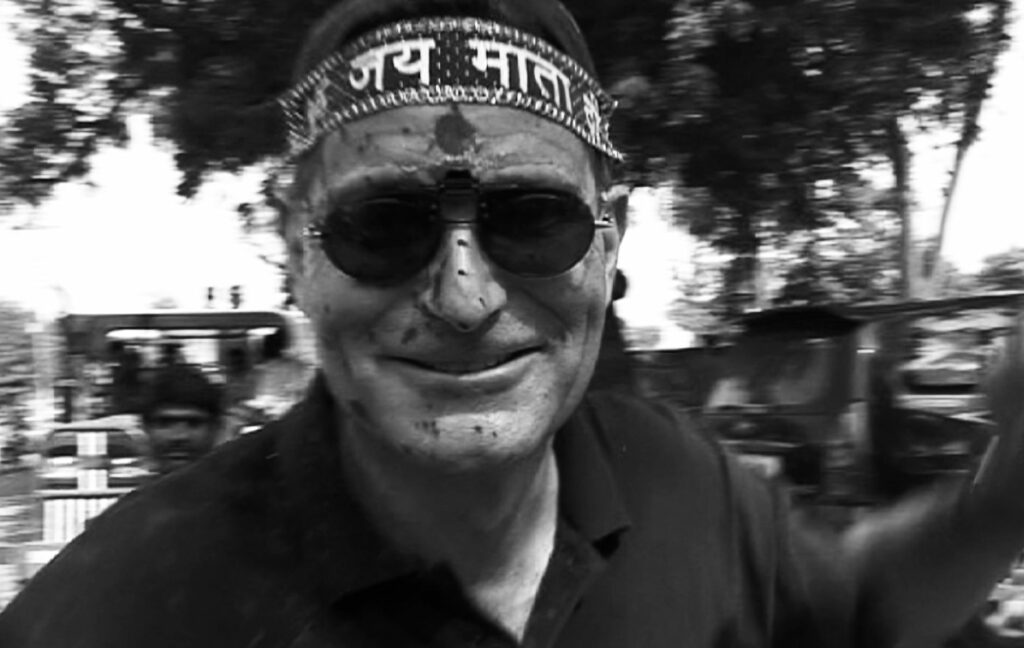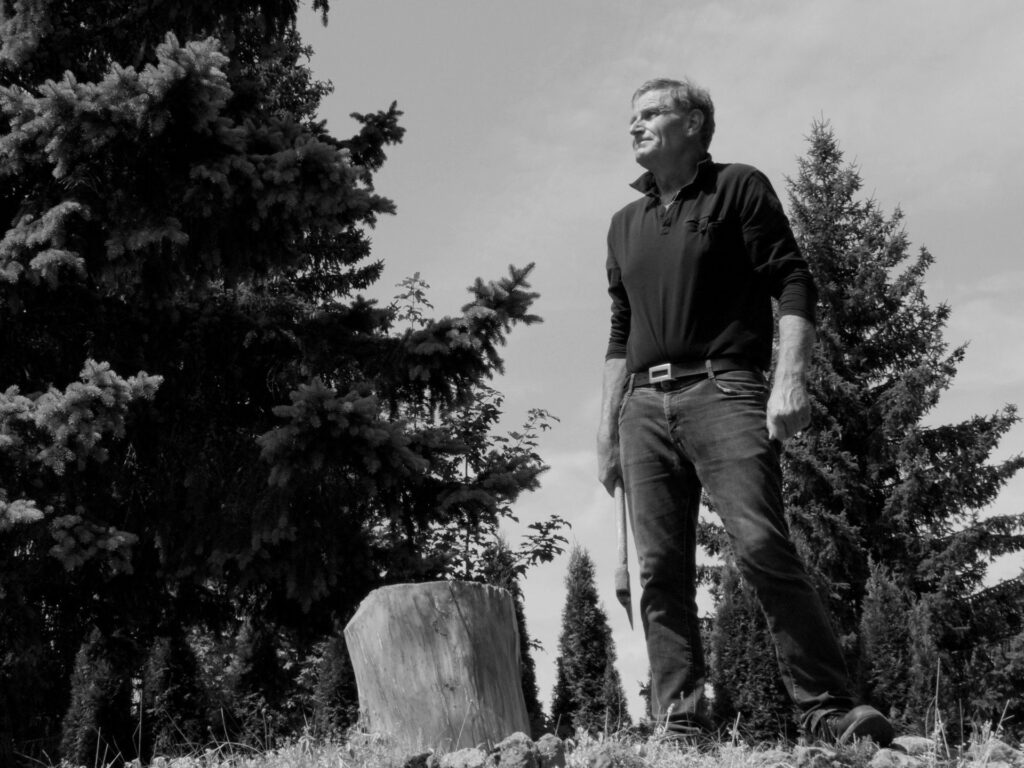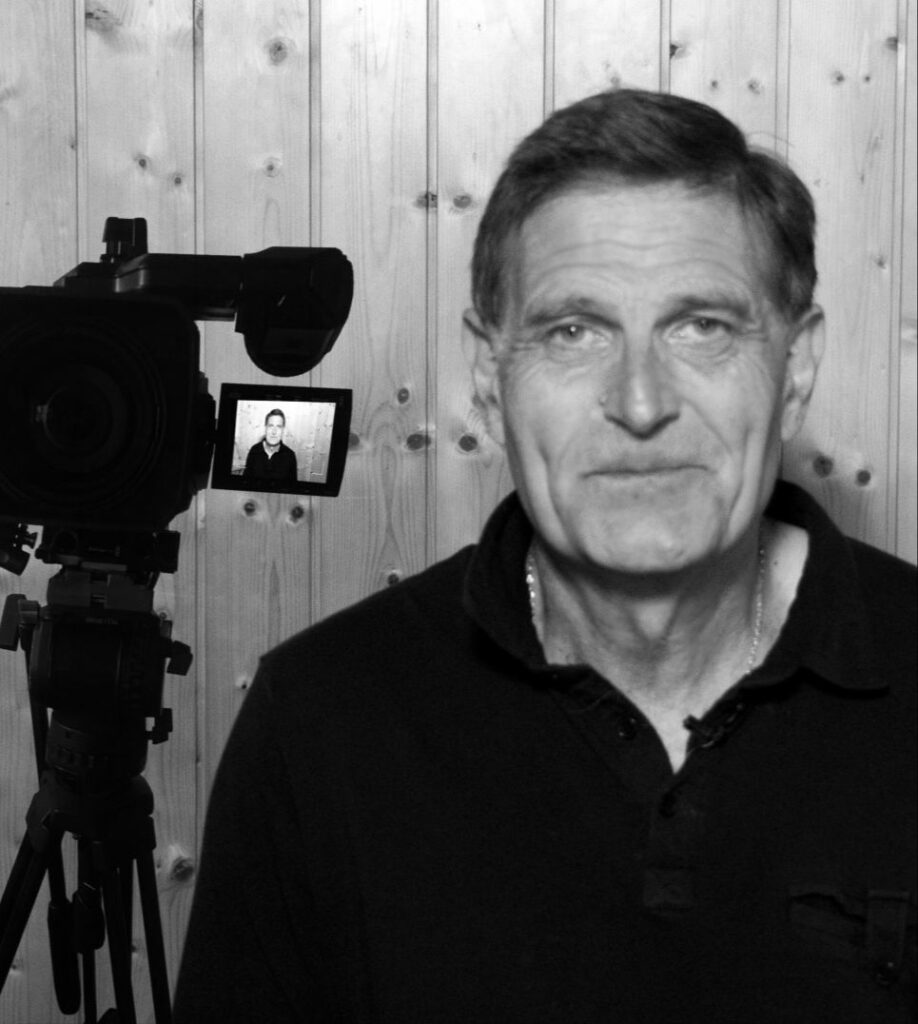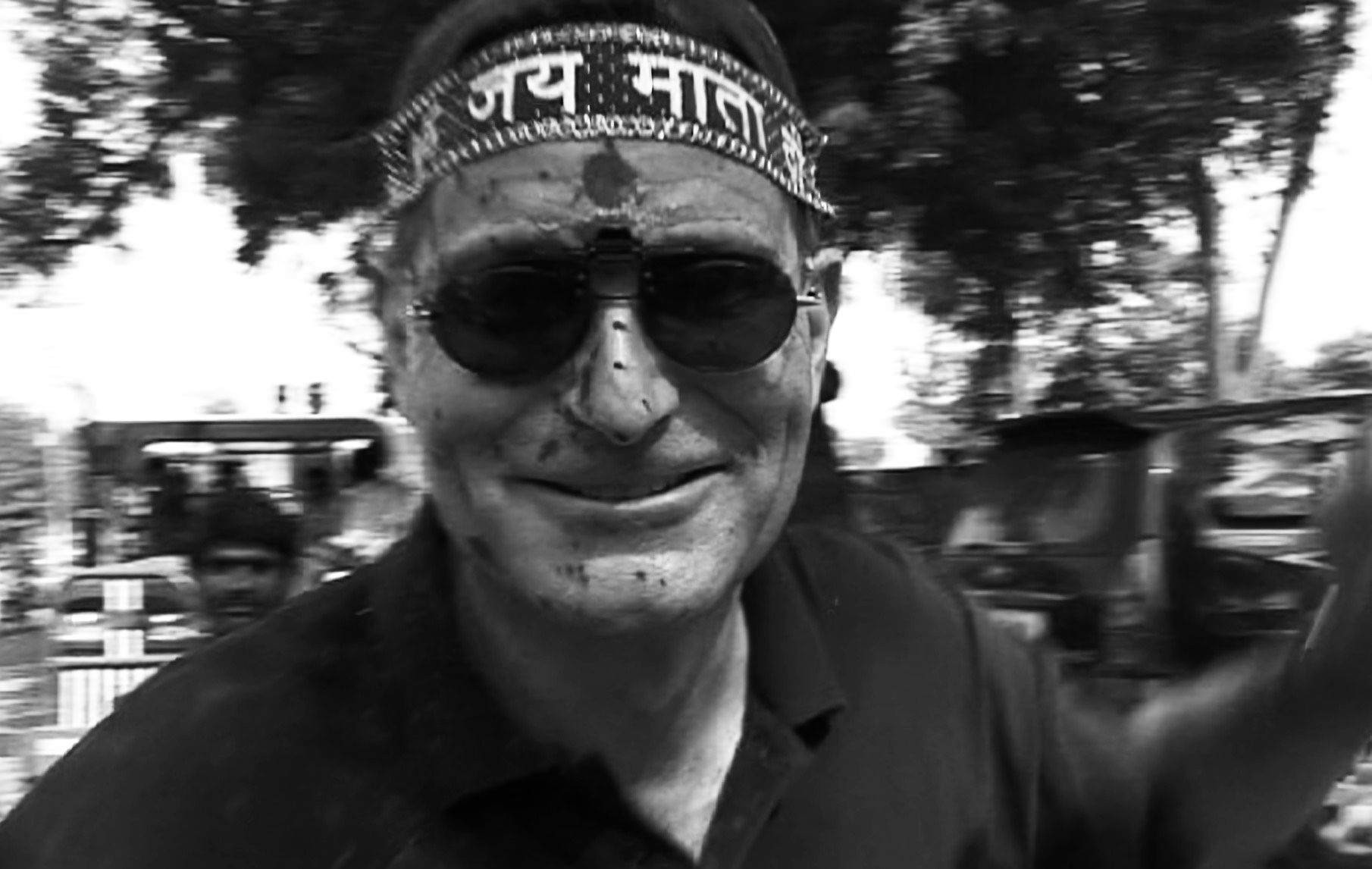
-Who is Louis Mouchet?
Louis Mouchet is the name of my grandfather, an ancestor I never met because he died long before I was born and my parents said almost nothing about him. As I testified in my films The Jodorowksy Constellation and The Family Forest, it took a lot of genealogical introspection and a lot of transgenerational analysis to become the Louis Mouchet I am today: a filmmaker who has made a few pictures but still has much to do.
-What inspired you to become a Filmmaker?
I spent my early childhood in Tunisia, which was and still is a lost paradise for me. Returning to Switzerland was difficult, so I sought refuge in the dreamy comfort of the movies. This was the birth of my passion for cinema. The step behind the camera was something special. I was asked to work as an apprentice on a movie based on a book by my father, the poet Charles Mouchet. Naturally, I had a special relationship with the actor playing my father. He asked me for advice and tips, which I gave him from the depth of my heart. We became friends and he inspired me to make the movie Visionary of the Invisible.

-Do you think the cinema can bring a change in the society?
Everything changes. Everything you do, big or small, changes the world if you truly express yourself and do not repeat what others have done or tell you to do. The silver screen is a mirror, so it amplifies the changes.
-What would you change in the world?
The first thing you have to accept is that the world, everything, is as it is and not as you want it to be. From there you can contribute to this constant change by identifying your calling and expressing it in the best manner you can. This is the best way to make your contribution to the world: To identify and accept your difference in order to make a difference.

-Where do you see the film industry going in the next 100 years?
The art of vision has been around since at least the Stone Age, when people painted hunting scenes frame by frame in their caves. I remember being particularly impressed by the vision of a priest traditionally moving objects in front of an idol on a Kali temple. To me that was clearly a motion picture. For the next 100 years, the art of vision will always be there. It has changed and it will continue to change. I am very excited to have new tools to expand my expression and reach, as I have begun to do with my new project, INTELLIGENCE·S.

